Perth SNP veteran Pete Wishart receives four times as many “toxic” insults on Twitter than any other MP in the region, new data has shown.
A major BBC project checked 2.9 million messages sent on the social media site to Westminster politicians over six weeks to uncover the scale of abuse directed at politicians.
The findings were condemned by MPs across Courier Country, who warned more must be done to tackle the problem.
Perth MP tops the list
The BBC’s shared data unit said a message, or tweet, qualified as “toxic” if it could be deemed “rude, disrespectful or unreasonable”, using a machine-learning tool.
SNP MP Mr Wishart was sent 155 hostile tweets from March 15 to April 23, more than anyone else in the region.
The total came to 3.1% of all posts directed at him.
Mr Wishart has regularly demanded more is done to curb toxic behaviour on Twitter.
Earlier this week, he slammed a pro-independence group in Fife for burning the Act of Union and publishing the results on social media.
But he has previously admitted to regretting some of his own past messages – once branding unionist voters “Nawbags”.
Perthshire SNP MP John Nicolson was on the receiving end of 52 toxic tweets, while Dundee’s Stewart Hosie was sent 34 hostile messages.
What’s caused this?
MPs in Tayside and Fife insist social media has made the problem worse because people can tweet anonymously.
Mr Wishart said: “It’s not just worse, but 10 times worse.
“It’s at the stage now where routine abuse and unnecessary nastiness is just now part and parcel of the discourse we have on social media.
“People feel totally free to write anything they want.”
Fife Lib Dem MP Wendy Chamberlain said: “Social media has probably coarsened toxic behaviour for everybody.”
How do women cope with being targeted?
Ms Chamberlain said she has been more fortunate than some female MPs, but women still endure a tough time.
She was sent five toxic tweets over the six-week period.
A breakdown of the statistics by gender revealed men in Scotland were 0.12% more likely to be on the receiving end of an abusive tweet than women.
However, the findings also showed female MPs were more commonly called “idiots”, referred to as “stupid” and subjected to sexual language.
Ms Chamberlain told The Courier: “I’ve been fortunate, though I think it’s quite sad the fact I haven’t received much in the way of abuse makes me feel grateful or fortunate.
“I’ve got a good sense of humour that helps manage a lot of this. I get a lot of comments about my hair and I’ve been likened to Brian May.”
She added: “I know from speaking to younger female MPs and those with diverse backgrounds that they can face a horrendous time.”
Has the independence debate fuelled this?
Scotland’s constitutional debate has sparked heated exchanges – but would abuse be just as widespread even if it wasn’t a factor?
Ms Chamberlain said: “Both sides have their real underbelly of posters, but it would also be something else if it wasn’t independence.
“You just need to look south of the border.”
Mr Wishart said: “There’s been a number of political debates we’ve had which have been divisive.
“I suppose that encourages behaviour which goes beyond the normal interactions we might have, but there’s no excuse for that.”
Who else was targeted?
Boris Johnson was the prime target for vitriolic tweets when the data was compiled, at a time when he was fined for breaking lockdown.
Tory backbencher Ben Bradley endured a higher percentage of toxic messages than any other MP at 13.5% of all posts sent to him.
More than one in every ten posts directed to Lanarkshire SNP MP Steven Bonnar were deemed abusive, a greater total than anyone else in Scotland.
Can our political culture be improved?
Mr Wishart was sceptical online behaviour will improve anytime soon and believes toxic criticisms of MPs could worsen.
He said: “It’s probably going to get to the stage where people like myself are driven off Twitter because of what will be an increase in the hate we experience.”
He said politicians need to lead the way by showing respect to their opponents.
The Perth MP said: “It’s up to politicians to show the highest possible standards they can when they debate with anybody on social media.
“I know it’s hard to do, and sometimes the temptation is to lash back, but you’ve got to pull yourself back and constrain yourself.”
Ms Chamberlain said: “I think it’s incumbent on all of us to think before we type.”
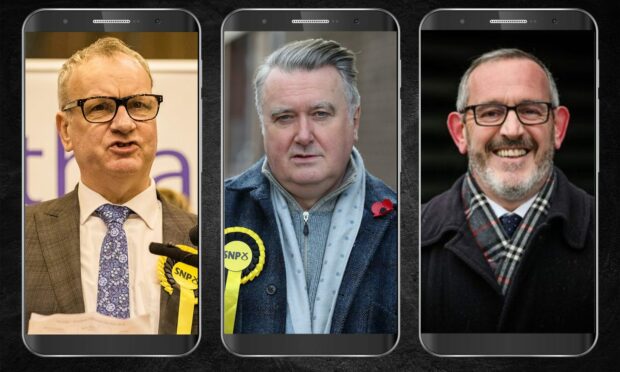
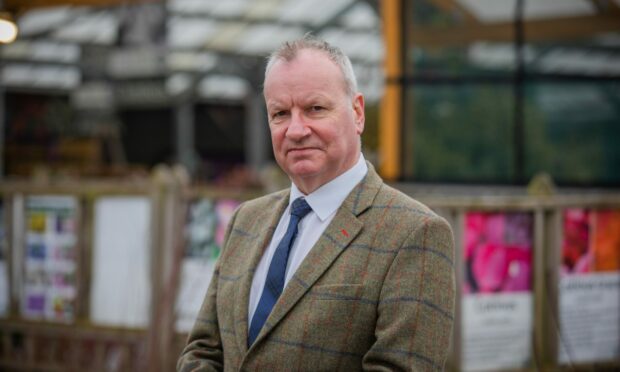
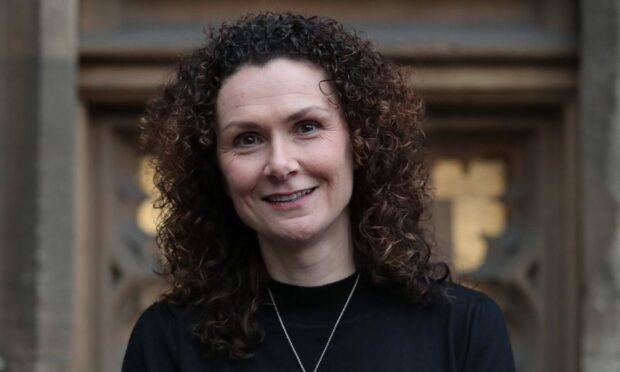
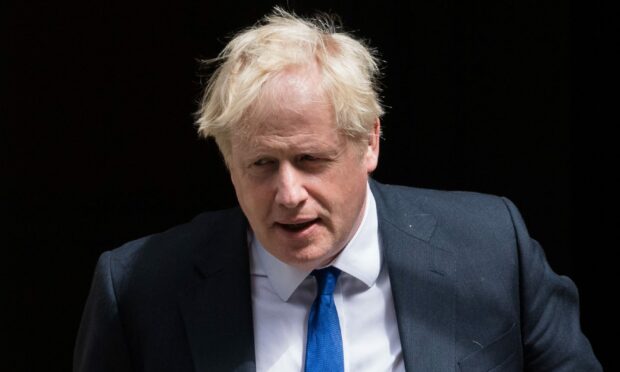


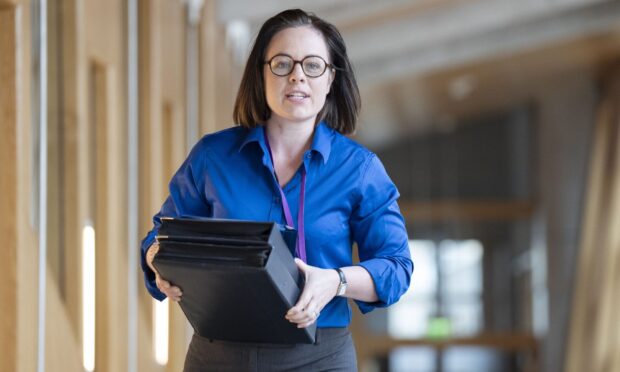
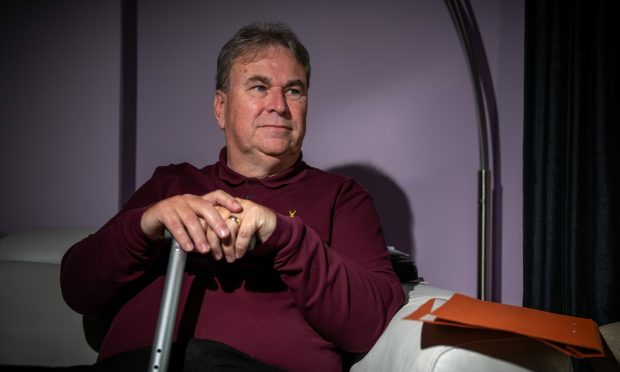
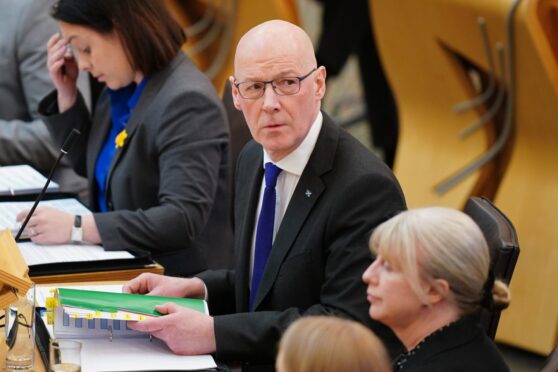



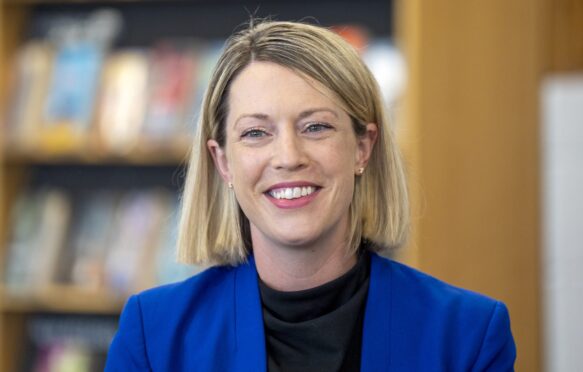
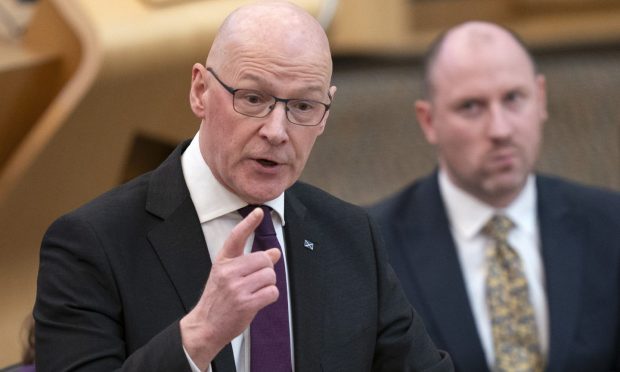
Conversation